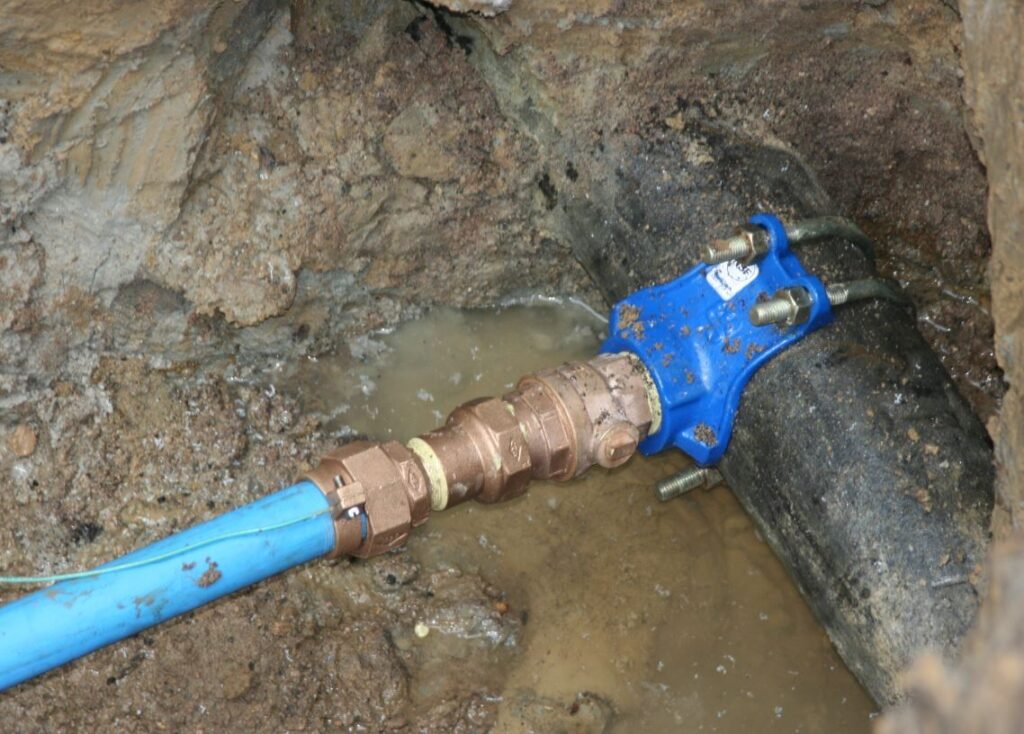The government of Japan has sealed a US $4.75M deal with UNOPS to improve water access and health services for communities in Port Sudan and Kassala, Sudan.
This initiative aligns with critical Sustainable Development Goals (SDGs), particularly those targeting health (SDG 3), water and sanitation (SDG 6), affordable and clean energy (SDG 7), and peace and strong institutions (SDG 16).
Construction of sustainable water systems, includes a pumping station, transmission lines, and an extensive water distribution network. There will be provision of essential equipment to ensure water quality and hygiene, aiming to triple the daily water availability per person for approximately 114,000 residents.
The health side will see rehabilitation of hospitals and the installation of modern medical equipment to enhance healthcare quality. This will in return access to improved medical services for over 550,000 people, including displaced persons and refugees. Local communities will actively participate in planning and implementation, ensuring tailored and sustainable solutions
READ: Egypt to construct 3.2 GW hybrid wind and solar power project
Sustainable recovery
Implementation is immediate, with a projected completion date of August 2027. Designed to provide both immediate impact and a foundation for sustainable recovery, the initiative exemplifies resilience-building in conflict-affected regions.
Mr. UYAMA Hideki, Ambassador of Japan to Denmark, highlighted the impact on human security, emphasizing Japan’s commitment to improving essential infrastructure.
UNOPS leaders, including Jorge Moreira da Silva and Sonja Leighton-Kone, reinforced the organization’s dedication to supporting Sudanese communities by addressing critical needs and fostering long-term recovery.
“We are committed to making a tangible impact on the lives of people in Sudan and supporting communities that have been torn apart by conflict,” said Jorge Moreira da Silva.
“This project will ensure millions of people in conflict-affected areas – including refugees and internally displaced persons – have access to vitally important water and health services,” said Sonja Leighton-Kone.
